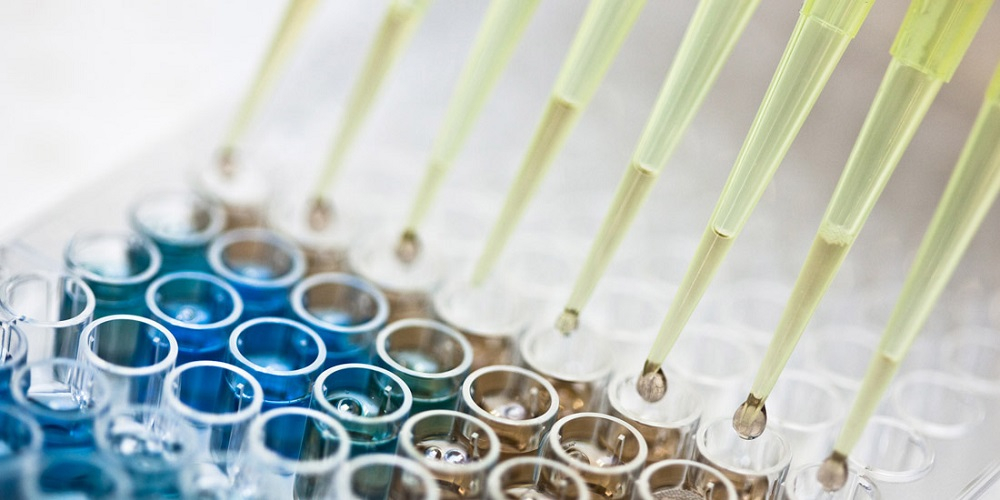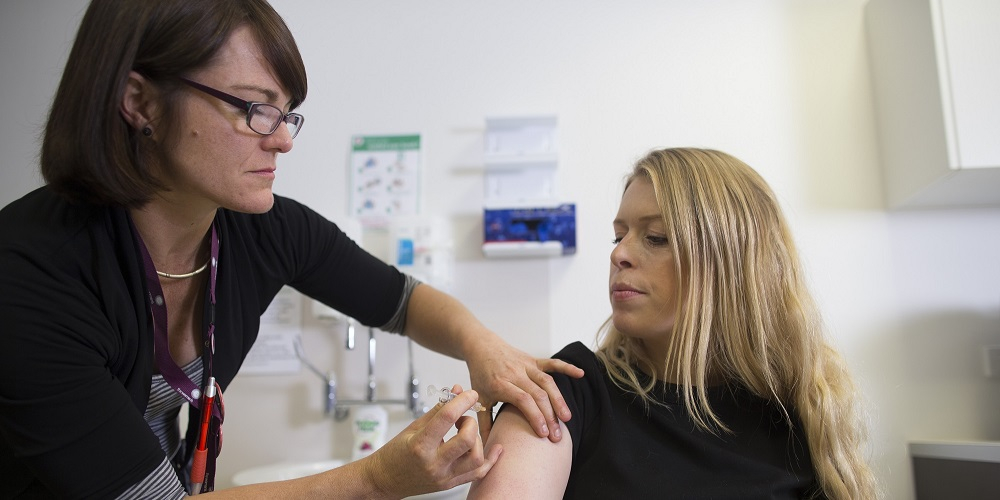
Researchers believe a common bacterial infection currently affecting around a million women in Australian, could in fact be a sexually transmitted infection (STI).
They are now asking male partners of women with Bacterial vaginosis (BV) to participate in a new trial with the aim of preventing reinfection.
BV is an imbalance of bacteria in the vagina and is associated with pelvic infection and in women who are pregnant it can increase the risk of premature delivery, miscarriage and low birth weight.
Associate Professor Catriona Bradshaw from the Melbourne Sexual Health Centre (MSHC) said treatment was effective in the short term but about one in two women would have BV recur within the following three to six months.
“A growing body of evidence points to this being a sexually transmitted infection,” A/Prof Bradshaw said. “We want to raise awareness of this condition and invite couples to be involved in a new treatment trial.
“The study will determine whether treating both partners results in a reduction in reinfection rates in women. If so, it will be the first treatment strategy to greatly improve BV cure for women and will also confirm the condition is a STI.”
MSHC are recruiting 350 couples to the trial that will involve both partners receiving antibiotic treatment. The Royal Women’s Hospital's Centre for Infectious Diseases, headed by Professor Suzanne Garland, is performing the laboratory analysis for the study. This trial will be running for three years and recruitment will also commence in New South Wales by 2019.
Studies show that between 12 and 30 per cent of Australian women currently have BV. Symptoms include a milky vaginal discharge and/or abnormal odour.
The Step Up trial is being funded by the Alfred Foundation and the National Health and Medical Research Council.
Read related content from the Women's
-
 New test developed to diagnose common STI
New test developed to diagnose common STIA new Australian developed diagnostic test is set to be rolled out across the country for a little known sexually transmitted infection (STI) which about 400,000 Australians are likely to have.
Learn more -
 Elimination of cervical cancer in sight
Elimination of cervical cancer in sightCervical cancer could be effectively eliminated within the next 40 years, with Australia set to be the first country, according to the world’s leading cervical cancer experts.
Learn more -
 Over 90 per cent of cervical cancers are preventable by vaccination
Over 90 per cent of cervical cancers are preventable by vaccinationUp to 93 per cent of cervical cancers in Australia could be prevented by a new HPV vaccination, and researchers hope one day vaccination will almost entirely eradicate the disease.
Learn more